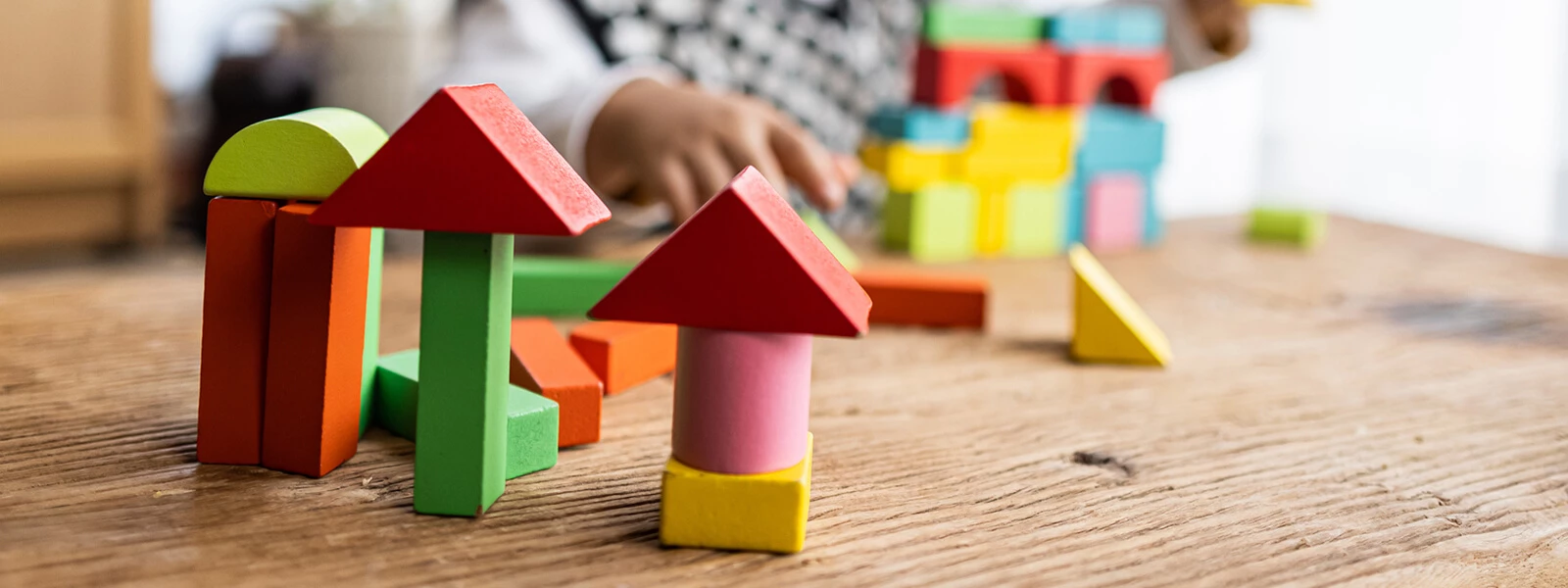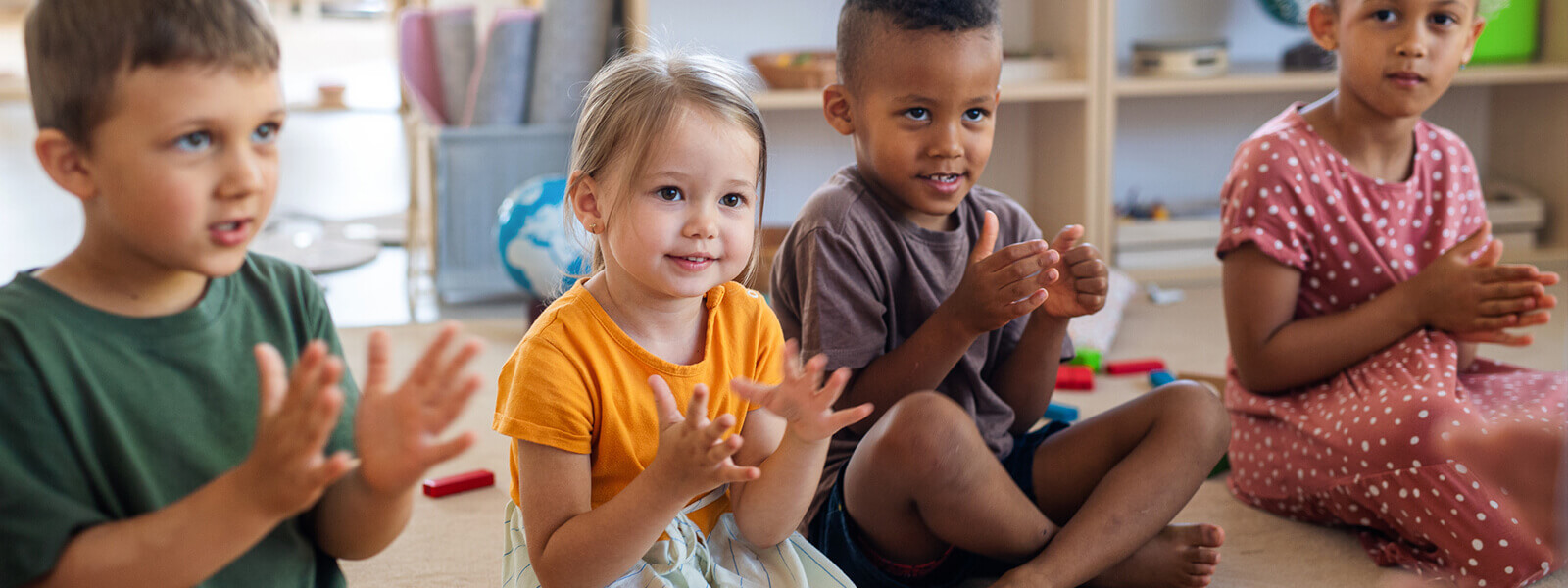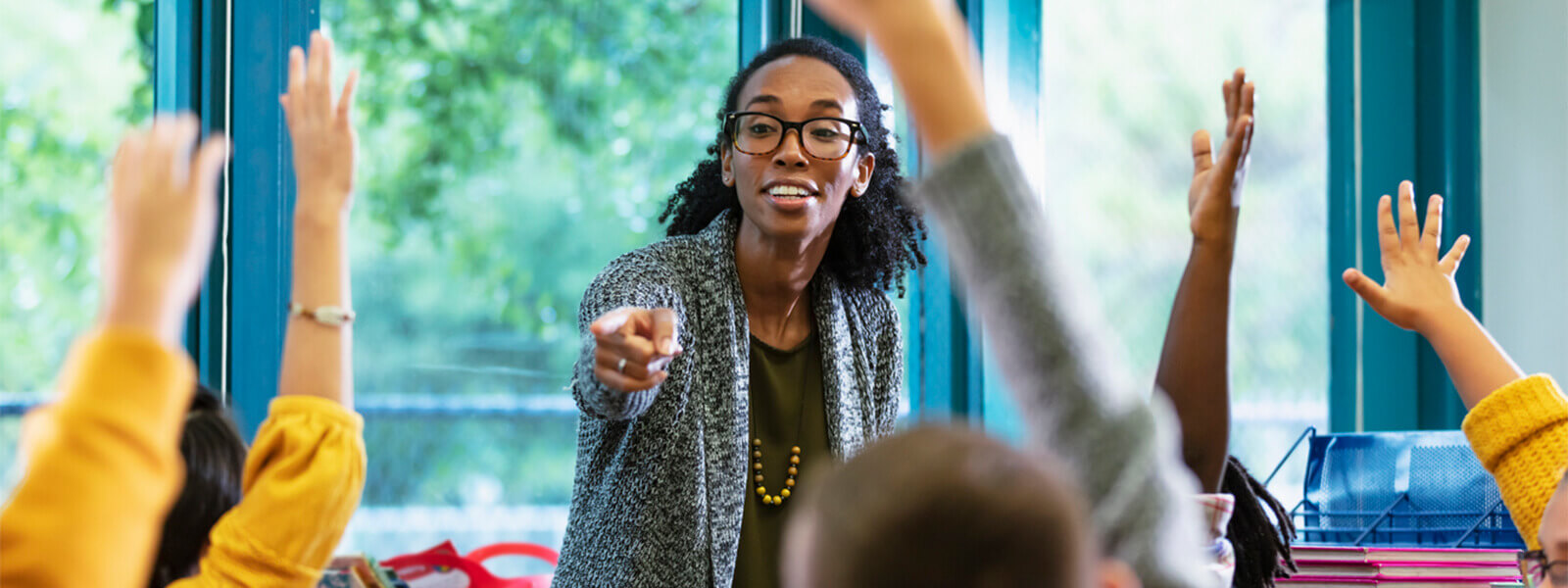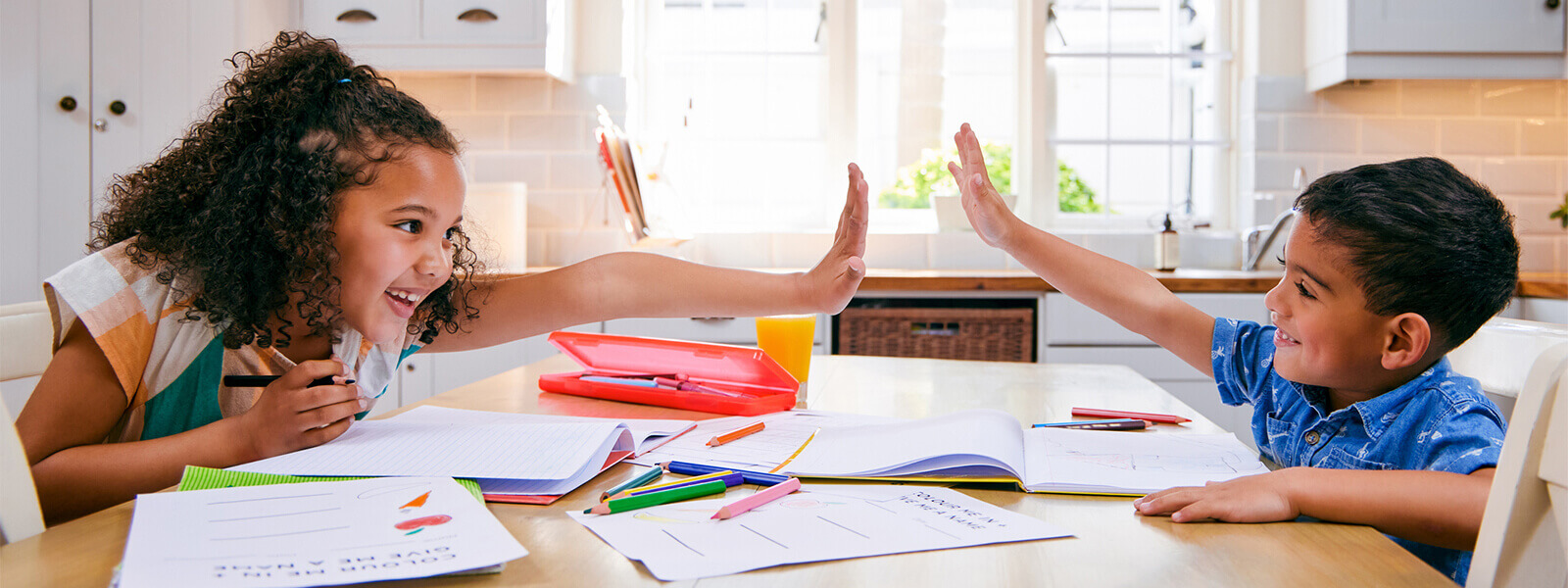5 Ways Unstructured Play Inspires Life Skills in Children
- June 26, 2023

In today’s fast-paced and structured world, it’s common for unstructured play to take a backseat to scheduled activities and the flashy lights of technology. Yet research suggests letting kids go with the play “flow” can provide a valuable opportunity to explore, create, problem-solve, and develop essential life skills in five critical areas. We use these same methods to development in our Language Immersion and Development Programs.
Encourages Creativity and Imagination
Unstructured play allows children to tap into their creativity and imagination. Children can freely explore and create their narratives, scenarios, and worlds with no predefined rules or guidelines. This imaginative play nurtures their cognitive abilities, enhances problem-solving skills, and fosters divergent thinking.
To encourage creativity and imagination, provide access to open-ended materials such as building blocks, art supplies, dress-up clothes, and natural objects that allow children to manipulate and transform them according to their imagination.
Promotes Social and Emotional Development
When engaging in unstructured play, children often interact with their peers, siblings, or parents. This social interaction enables them to develop critical social skills such as sharing, taking turns, negotiating, and resolving conflicts. Moreover, unstructured play allows children to express and regulate their emotions, enhancing their emotional intelligence.
To encourage social and emotional development, encourage unstructured playtime between siblings or arrange playdates with friends they can engage with in unstructured playtime. Additionally, ask open-ended questions like “What did you feel when playing?” or “What are you doing” during or after play to inspire self-awareness.
Enhances Cognitive Skills
Unstructured play is a powerful tool for cognitive development. It stimulates curiosity, encourages experimentation, and facilitates the development of problem-solving and critical-thinking abilities. Whether building with blocks, creating artwork, or engaging in pretend play, children exercise their cognitive skills, leading to enhanced memory, attention span, and information processing capabilities.
To encourage cognitive skills, offer building blocks, LEGO sets, magnetic tiles, or other construction toys that allow children to explore spatial relationships, problem-solving, and logical thinking. Providing access to age-appropriate books or storytelling tools (like puppets or dolls) is also an excellent way to stimulate cognitive development.
Develops Physical Abilities
Unstructured play often involves physical activities such as running, jumping, climbing, and balancing. These activities contribute to the development of fine and gross motor skills, coordination, and spatial awareness. Through play, children strengthen their muscles, improve their balance, and enhance their overall physical well-being through play.
To encourage physical abilities, create a safe space inside or outside where your child can engage in physical activities. Providing children with access to swings, jump ropes, hula hoops, and even energetic music they can dance to are perfect ways to promote coordination, balance, and gross motor skills.
Builds Resilience and Self-Confidence
In unstructured play, children face challenges and obstacles that require them to think creatively and overcome them independently. This process builds resilience, fosters a growth mindset, and instills a sense of accomplishment and self-confidence. They learn to take risks, make decisions, and persevere in the face of difficulties, preparing them for future endeavors.
To encourage resilience and self-confidence, inspire your child to see setbacks as opportunities for growth and improvement. For example, instead of feeling bad about coloring outside the lines, ask how they can fix the problem. While they can’t erase the mistake, they can add their drawings to the background or strengthen their confidence when they realize coloring outside the lines isn’t the end of the world.
Remember, building resilience and self-confidence is a gradual process. By encouraging problem-solving, supporting risk-taking, promoting a growth mindset, celebrating accomplishments, fostering independence, and being a supportive observer, you can inspire your child to develop resilience, face challenges confidently, and grow into a resilient individual prepared for future endeavors.
Ready to learn more about WorldKids School? Contact us to schedule a tour today!
Learn more about our curriculum
Schedule a tour to visit one of our location open houses where you can meet our faculty & staff and learn more about our curriculum and what we have to offer. We look forward to meeting you!



